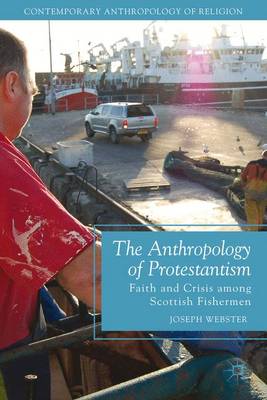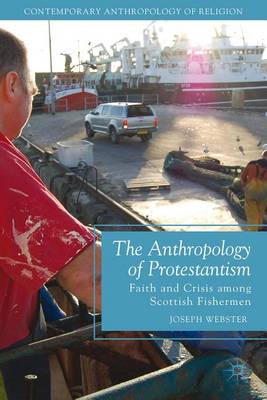Contemporary Anthropology of Religion
2 total works
Narrowing in from the broader context of the north Atlantic, through northern Europe, to Britain, northeast Scotland, and finally the fishing village of Gamrie, this anthropology of Protestantism examines millennialist faith and economic crisis. Through his ethnographic study of the fishermen and their religious beliefs, Webster speaks to larger debates about religious radicalism, materiality, economy, language, and the symbolic. These debates (occurring within the ostensibly secular context of contemporary Scotland) also call into question assumptions about the decline of religion in modern industrial societies. By chronicling how these individuals experience life as "enchanted," this book explores the global processes of religious conversion, economic crisis, and political struggle.
Anthropology of Protestantism, The: Faith and Crisis Among Scottish Fishermen
by Joseph Webster
Published 1 January 2013

